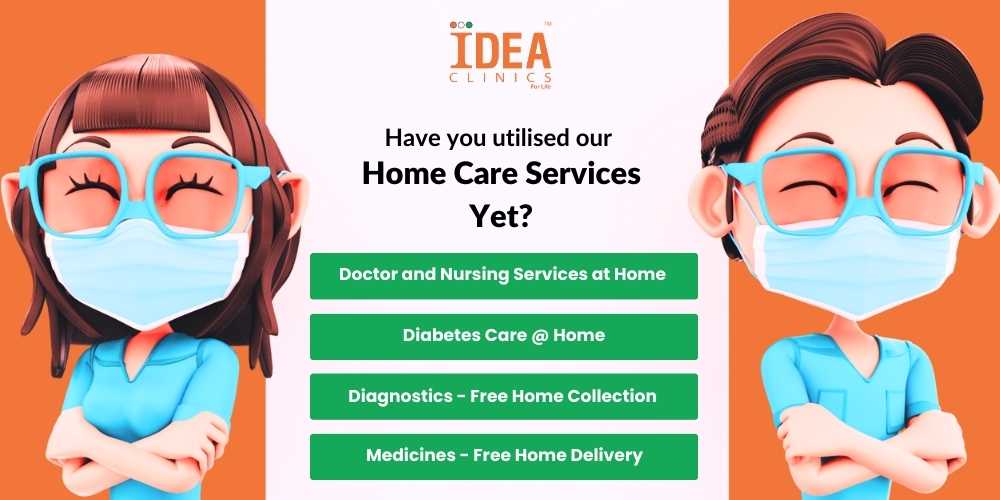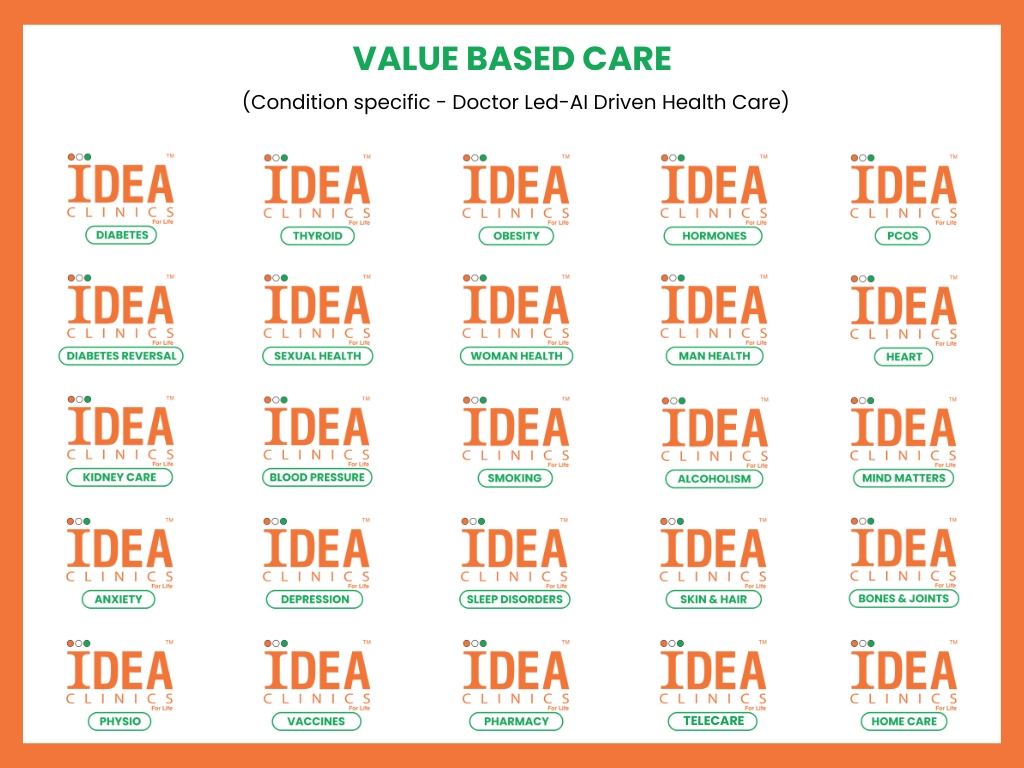CONDITIONS WHICH CARRY HIGH RISK from COVID-19
- Asthma
- Chronic lung disease
- Diabetes
- Serious heart conditions
- Chronic kidney disease
- Severe obesity
- People aged 65 years and older
- Immune compromised
- Liver disease
Moderate-to-severe asthma may put people at higher risk for severe illness from COVID-19.
Actions to take
-> Keep your asthma under control.
-> Continue your current medications, including any inhalers with steroids in them
-> Avoid your asthma triggers.
-> Make sure that people with asthma are not in the room when cleaning
-> Open windows or doors and use a fan that blows air outdoors.
Why you might be at higher risk
-> COVID-19 can affect your respiratory tract (nose, throat, lungs), cause an asthma attack, and possibly lead to pneumonia and serious illness.
Chronic lung diseases, such as chronic obstructive pulmonary disease (COPD), idiopathic pulmonary fibrosis and cystic fibrosis, may put people at higher risk for severe illness from COVID-19.
Actions to take
-> Keep taking your current medications, including those with steroids in them
-> Avoid triggers that make your symptoms worse.
-> Based on data from other viral respiratory infections, COVID-19 might cause flare-ups of chronic lung diseases leading to severe illness.
Diabetes, including type 1, type 2, or gestational, may put people at higher risk of severe illness from COVID-19.
Actions to take
-> Continue taking your diabetes pills and insulin as usual.
-> Test your blood sugar regularly and keep track of the results.
-> Make sure that you have at least a four week supply of your diabetes pills and insulin.
-> Follow the sick day guidelines for people with diabetes.
Why you might be at higher risk
-> People with diabetes whose blood sugar levels are often higher than their target are more likely to have diabetes-related health problems. Those health problems can make it harder to overcome COVID-19.
Serious heart conditions, including heart failure, coronary artery disease, congenital heart disease, cardiomyopathies, and pulmonary hypertension, may put people at higher risk for severe illness from COVID-19.
Actions to take
-> Take your medication exactly as prescribed. Continue angiotensin converting enzyme inhibitors (ACE-I) or angiotensin-II receptor blockers (ARB) as prescribed by your healthcare provider for indications such as heart failure or high blood pressure. This is recommended by current clinical guidelines.
-> Make sure that you have at least a four week supply of your heart disease medications (such as those to treat high cholesterol and high blood pressure).
-> People with hypertension should continue to manage and control their blood pressure and take their medication as directed.
Why you might be at higher risk
-> COVID-19, like other viral illnesses such as the flu, can damage the respiratory system and make it harder for your heart to work. For people with heart failure and other serious heart conditions this can lead to a worsening of COVID-19 symptoms.
Chronic kidney disease being treated with dialysis may increase a person’s risk for severe illness from COVID-19.
Actions to take
-> If you are on dialysis, you should NOT miss your treatments.
-> Contact your dialysis clinic and your healthcare provider if you feel sick or have concerns.
Why you might be at higher risk
-> Dialysis patients are more prone to infection and severe illness because of weakened immune systems; treatments and procedures to manage kidney failure; and coexisting conditions such as diabetes.
Severe obesity defined as a body mass index (BMI) of 35 or above, puts people at higher risk for complications from COVID-19.
Actions to take
-> Take your medications for any underlying health conditions exactly as prescribed.
Why you might be at higher risk
-> Severe obesity increases the risk of a serious breathing problem called acute respiratory distress syndrome (ARDS), which is a major complication of COVID-19 /
-> People living with severe obesity can have multiple serious chronic diseases and sleep apneas that can increase the risk of severe illness from COVID-19.
Yes, 65 years and older adults are at higher risk for severe illness and death from COVID-19.
Actions to take
->Take your medications for any underlying health conditions exactly as prescribed.
->Follow the advice of your healthcare provider.
-> Prepare yourself to stay home for long periods
Why you might be at higher risk
-> Eight out of 10 deaths reported have been in adults 65 years or older; risk of death is highest among those 85 years or older. The immune systems of older adults weaken with age, making it harder to fight off infections.
Many conditions and treatments can cause a person to have a weakened immune system (immunocompromised), including cancer treatment, bone marrow or organ transplantation, immune deficiencies, HIV with a low CD4 cell count or not on HIV treatment, and prolonged use of corticosteroids and other immune weakening medications.
Actions to take
-> If you are immunocompromised, continue any recommended medications or treatments and follow the advice of your healthcare provider.
-> Call your healthcare provider if you have concerns about your condition
Why you might be at higher risk
-> People with a weakened immune system have reduced ability to fight infectious diseases, including viruses like COVID-19.
Chronic liver disease, including cirrhosis, may increase risk for serious illness from COVID-19.
Actions to take
-> Take your medications exactly as prescribed.
Why you might be at higher risk
-> People living with serious liver disease can have a weakened immune system, leaving the body lessable to fight COVID-19.




